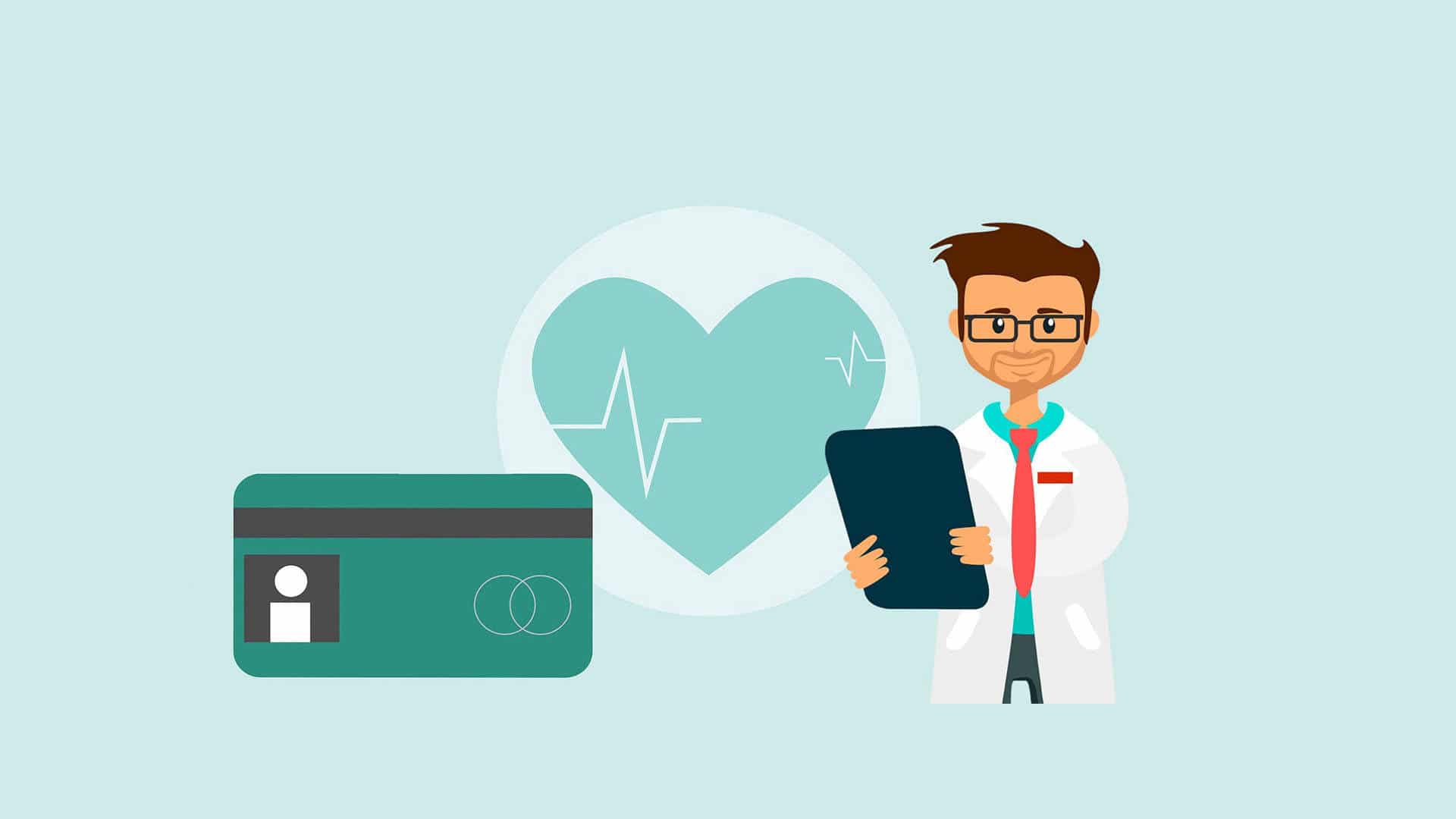The COVID-19 pandemic has put the healthcare industry on a center stage. This thriving industry sector keeps on evolving with advancing technology. One of the most noteworthy technology trends is telemedicine, which has made it possible for doctors to diagnose and treat patients who reside in remote places. These technological advancements can be integrated into the healthcare app to make the most of them for improving services.
But, developing a healthcare app is not a bed of roses. Today, over 400,000 healthcare apps are available in the app stores but, most of them have less than 10,000 downloads as per the app usage data. In such a situation, some of the technology trends can play a vital role in making the app successful while bringing transformative changes in the sector. Here are the top ten healthcare app development trends set to rule in the year 2020 and beyond.
Top Ten Healthcare App Development Trends to Watch
Artificial Intelligence (AI)
We just cannot rule out the presence of AI in every industry sector. Talking about the healthcare industry, AI has remained one of the most powerful healthcare app development trends since 2019. The adoption rate of AI in the healthcare sector is not limited to administrative functions. In the coming time, AI will perform clinical functions for patients through an app. Be it a robot-assisted surgery or virtual nursing assistant, the scope of AI looks unlimited in the healthcare industry.
The AI-based healthcare app can automate the image diagnosis, connect machines, and assist physicians in preliminary diagnosis. The AI market share in the healthcare segment is expected to cross $6.6 billion by 2021. It is one of the most important and interesting trends to watch.
Internet of Things (IoT)
In the age of wearables, there is no surprise that the IoT healthcare market is predicted to reach $158 billion by 2022. IoT can be a game-changer for the healthcare sector and mHealth technologies can reach a new level by integrating IoT advancements. An IoT-based healthcare app can assist the industry in improving patient health, spreading preventive care awareness, and advancing care management.
We can have many use cases of IoT integration in the healthcare sector. Some of them are fitness and activity trackers, ingestible sensors, and connected lenses. IoT healthcare applications can give complete control to users and facilitate them to share vital data with doctors in real-time.
Telemedicine
This is not a new concept in the healthcare sector, but the healthcare app development process is yet to adopt in a full swing. Telemedicine covered a major part of healthcare trends in the last couple of years, but now, it is getting mainstreamed quickly thanks to its integration into the mobile app.
The telemedicine concept has gained ground as a cost-effective way for hospitals to diagnose and treat remotely located patients. Its implementation in the healthcare app can open new opportunities for the healthcare sector in the coming years.
Big Data
The adoption of Big Data in the healthcare sector is faster than we can expect because it can play a big role in promoting mobile healthcare services. Big Data technology is already a crucial part of the EHR (Electronic Health Records) domain. Now, its addition to the healthcare app development process can work wonders in 2020 and beyond.
The Big Data concept came into existence to enhance data security and provide access to critical corporate data to the users in a seamless manner. Now, this concept is ready to play a bigger role in the healthcare sector by offering greater security and improving the quality of patient care services.
AR/VR Technologies
Augmented Reality and Virtual Reality have a long way to go in healthcare app development. As per an official report, the AR and VR concepts will get a market share of $5.1 billion in the healthcare sector by the year 2025. The impact of AR and VR can be significant through healthcare apps. Patients can get benefits from Virtual Reality and they can overcome trauma with ease. Diagnostic, training, rehabilitation, and treatment arenas can get the benefits of AR and VR technologies.
Cloud Services
Cloud computing has a significant role to play in the healthcare sector. Be it data storage or sharing, cloud computing is inevitable in every industry sector, and the healthcare sector is no exception. SaaS, PaaS, and IaaS models can be very handy in the healthcare industry. Doctors can readily access the patient’s health records as and when necessary through the cloud-based app solution. We can certainly expect that cloud integration in the healthcare app can change the face of the industry over the period.
Voice Assistant
Think of Google Assistant. Isn’t it useful for patients to describe their situation and symptoms to doctors anytime and from anywhere? Patients can also find the right doctor in their vicinity through voice commands as well. These days, many hospitals have installed voice technology-based devices for improving the healthcare experience.
The healthcare app development can use voice technology for improving search and responses to medicines from the patient side. Doctors and hospitals can use this technology for promoting their services.
Gamification
This is not a new topic for mobile app development, but in the healthcare sector, the concept has just begun to gain traction among physicians and paramedical staff. Apart from basic-level surgery games for kids and other health-related video games, the healthcare sector has started to consider gamification as a way to improve healthcare services. Fitness games, health awareness games, and medical training can be new frontiers of gamification in the healthcare sector.
Chatbots
Chatbots have already changed the way the eCommerce and retail sectors work. After setting new milestones in customer care and support, chatbots are all set to bring instant and personalized experiences for patients in healthcare apps. The healthcare chatbot market will approximately grow at 20% CAGR by 2030. This rate will be reflected in mHealth apps soon and we will have more improved patient care services through apps.
Blockchain
This technology has already gained fame in the BFSI sector. Mobile app developers tend to integrate this technology for ensuring the security of financial data and confidential corporate information. Now, Blockchain technology can be used to keep the patient’s health records secure. Healthcare apps can make the patient’s vital information highly secure by using this technology.
The Healthcare app development domain will be evolved by integrating these technology trends. Patients can get more personalized and integrated healthcare services irrespective of their location with advanced healthcare apps. It is interesting to see how these top trends will reshape the healthcare industry in the coming years.
Mahipal Jadeja is a content cum digital marketer at Marveldigitech, a leading Microsoft Dynamics 365 CRM. He is an avid reader and likes to remain updated for technological advancements in the domains of web, mobility, IoT, and emerging technologies. His articles are informative and interesting at the same time as he expresses insightful thoughts clearly.


















































































































































































